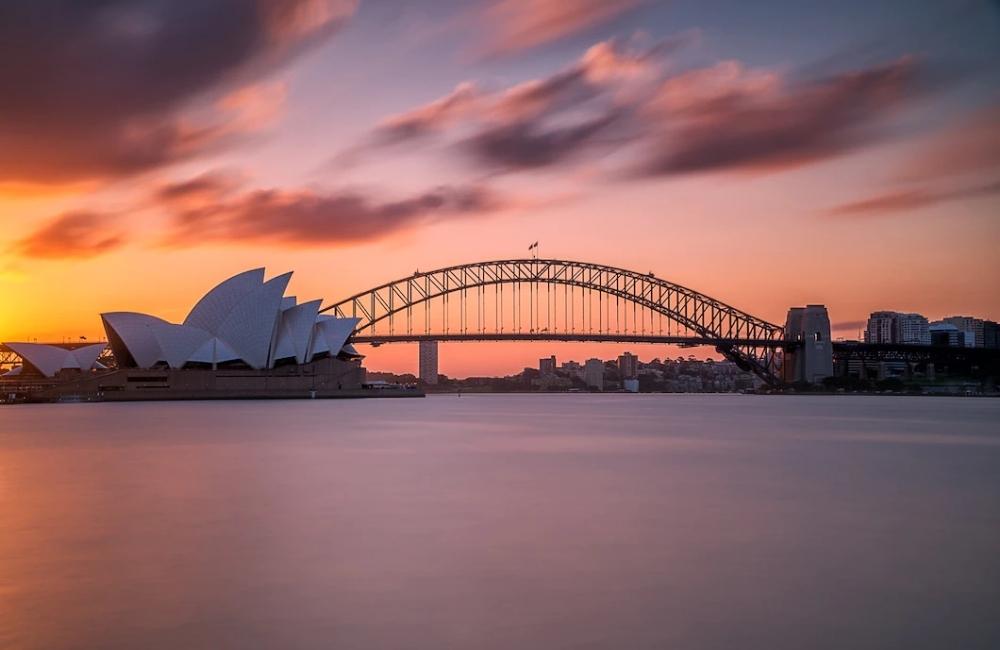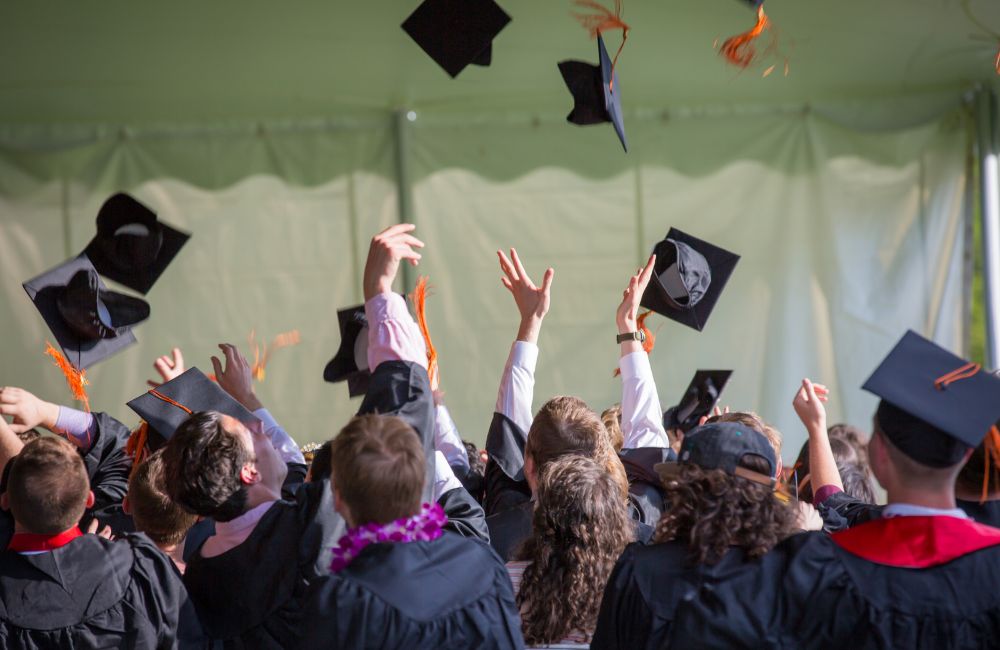Australia is celebrated as an ethnic melting pot, renowned for its breathtaking natural wonders and diverse landscapes. Since 1945, over six million individuals from around the globe have chosen Australia as their home. With 226 languages spoken, including English, Italian, Greek, Cantonese, and Arabic, Australia embraces a rich tapestry of cultures. Despite its vast size, Australia’s population stands at approximately 25 million, with most residing along the coast. Boasting nearly 50,000 kilometers of coastline and over 10,000 beaches, Australia offers unparalleled coastal beauty. Its major cities provide vibrant lifestyles, cultural attractions, and a safe environment, making it an attractive destination for residents and visitors alike.
-Over 100 ethnic groups represented
– Blend of indigenous cultures, early European settlement, and immigration
-ASCA prioritizes the well-being of international students
-Educational benefits and enduring friendships for international students
For more details, please refer to the [Multiculturalism in Australia PDF]

-English is the official language
-More than 4 million Australians speak a language other than English
-Easily understood English with colorful and humorous slangs
-Availability of various language communities and resources
For more details, please refer to the [Language Diversity in Australia PDF]
-Predominantly Christian with representation of all religions
-Respect for religious freedom
-Presence of various places of worship across major cities
For more details, please refer to the [Religious Diversity in Australia PDF]


-Excellent healthcare system with public and private options
-Mandatory Overseas Student Health Cover (OSHC) for international students
-Availability of various healthcare services including traditional and complementary medicine
For more details, please refer to the [Healthcare in Australia PDF]
-Diverse and exceptional food scene
-Availability of global cuisines and top-quality produce
-Ethnic restaurants and global fast-food chains
-Accessible markets for international students
For more details, please refer to the [Food Culture in Australia PDF]


-Enthusiasm for sports and outdoor activities
-Reputation as tough competitors in individual and team sports
-Abundance of national sporting organizations and recreational opportunities
For more details, please refer to the [Sports and Recreation in Australia PDF]
-Extensive public transport system including trains, buses, tramways, and ferries
-Driving regulations and motor vehicle registries information
-Availability of taxi and Uber services
-Modern telecommunications and internet connectivity
For more details, please refer to the [Transportation in Australia PDF]


-Importance of budgeting for various expenses
-Resources for understanding living costs and planning finances
For more details, please refer to the [Budgeting for International Students in Australia PDF]
-Opportunities for exploring Australia’s natural beauty during term breaks
-Accessibility of cheap flights and package deals through travel agents
For more details, please refer to the [Travel Tips for International Students in Australia PDF]


-Currency, banking, and financial services information
-Process of opening an Australian bank account for international students
For more details, please refer to the [Banking Guide for International Students in Australia PDF]
-Various accommodation options available for international students
-Costs and considerations for each accommodation type
-Useful websites for finding accommodation in Australia
For more details, please refer to the [Accommodation Guide for International Students in Australia PDF]


-Overview of Alice Springs, its population, and climate
-Rich cultural heritage and events
-Public transport information and useful websites
For more details, please refer to the [Living in Alice Springs Guide for International Students PDF]
-Overview of Burwood, its cultural diversity, and amenities
-Prominent educational institutions and transportation facilities
-Useful websites for living in Burwood
For more details, please refer to the [Living in Burwood Guide for International Students PDF]


-Breakdown of living expenses including accommodation, food, and transportation
-Additional costs for partners and children
-Cost estimations for various living expenses
For more details, please refer to the [Cost of Living Guide for International Students in Australia PDF]
-Information on education and childcare costs in Alice Springs and Burwood
-Resources for finding early childhood services and schools
For more details, please refer to the [Education and Childcare Guide for International Students in Australia PDF]

.
Visit the train platforms at the domestic or international airports. Take the train to Central Station, where you should switch platforms to board the train to Campbelltown.

.
Details on your flights to Australia and your accommodations there should be shared with your family, friends, and your Australian education provider before you leave home. (Never alter this information without first notifying them.) After you arrive in Australia, you should inform your loved ones that you are safe and sound. Let someone know where you are at all times for safety concerns.
Australia uses the Australian Dollar as its official currency. If possible, exchange your money into Australian dollars prior to arrival; however, if you haven’t, you’ll need to do it as soon as you land. You can typically do this at the airport. You can exchange extra money into Australian dollars at any bank or currency exchange after you are in Sydney. However, keep in mind that banks are closed on weekends, and although airport currency exchanges are frequently available, the conversion rate is typically not as favourable as it would be at a bank.
It is better to only bring the money you will need for the first few days and to make arrangements to have the remaining money transferred to you in Australia. You shouldn’t bring big sums of money with you. Whether you have previously made arrangements for lodging before your trip will determine how much money you need to bring. Consider how much money you’ll require to get by for a few weeks.
Visit HERE to learn more about financial matters.

.
International Students studying in Australia have various housing options, they can choose to stay in Homestay Accommodation, Renting, Shared Accommodation.
Typical accommodation costs in Sydney are as follows:
If you’re planning to travel with your family, they must also have a visa and health insurance, if you plan to bring your family with you. Family members include your spouse, whether you are legally wed or not, and your minor children. You will be required to present official documents, such as birth certificates and marriage certificates, as evidence of your familial ties.
Visit www.immi.gov.au for additional information.
You should be aware of the following expenses if you have dependent kids that need to go to daycare or school:
Find out more at: www.mychild.gov.au
Most dependents of visitors living temporarily in New South Wales must pay school fees. There are certain exceptions; more information is available on the DEC International website.
Visit www.humanservices.gov.au for additional information on application procedures and costs. Also keep in mind that the aforementioned expenses for childcare and education are in addition to living expenses.
The amount shown below, according to www.studyinaustralia.gov.au, is simply an estimate meant to provide a general idea of the average cost of living in Australia under the country’s immigration laws.

Overseas Student Health Cover is a unique health insurance programme in Australia for foreign students (OSHC). To be covered when you reach Australia, you must purchase OSHC before travelling there. You must maintain OSHC as long as you are in Australia on a student visa, according to the Department of Immigration and Citizenship. You have the option of purchasing OSHC through a source we recommend or through the Australian OSHC supplier of your choice. Australia currently has five OSHC providers. You can pick which provider is best for you by visiting these websites to learn more about what they cover in depth.
As a holder of a student visa, you are permitted to work up to 40 hours every two weeks while classes are in session and as many hours as you choose when off-campus (out of session).
Visit HERE to find out more about working in Australia, including how to find a job.

International students must demonstrate their ability to contribute to the cost of living and tuition in Australia in accordance with immigration laws there. This makes it easier for students to get the most out of their education and to enjoy their time in Australia.
The “living costs” criterion ensures that students do not have to rely solely on part-time employment to cover all of their expenses, even though international students may choose to augment their income with revenue from part-time employment in Australia.
The basic rate of living expenses covered by the immigration rules rises in tandem with the cost of living in Australia. According to these criteria, potential candidates for student visas must have access to at least the following finances to cover their living expenses (excluding tuition fees):
A$19,830 a year for a student. This includes clothing, food, accommodation, transportation, entertainment and travel costs in Sydney – but excludes tuition costs.
Students must show that they will actually have access to the finances they are counting on during their time in Australia to cover the costs of attending school there.
The expenses shown above are simply illustrative; they can change greatly depending on where in Australia you live. In the event that your living expenses exceed the amounts shown, you should be ready.
The official website of the Australian Government for overseas students, Study in Australia, provides further details about studying and living there.
Alicesprings college of Australia Pty Ltd T/A Alice Springs College:
© 2024 Alicesprings College of Australia. All rights reserved.
© 2024 Alicesprings College of Australia .
All rights reserved.